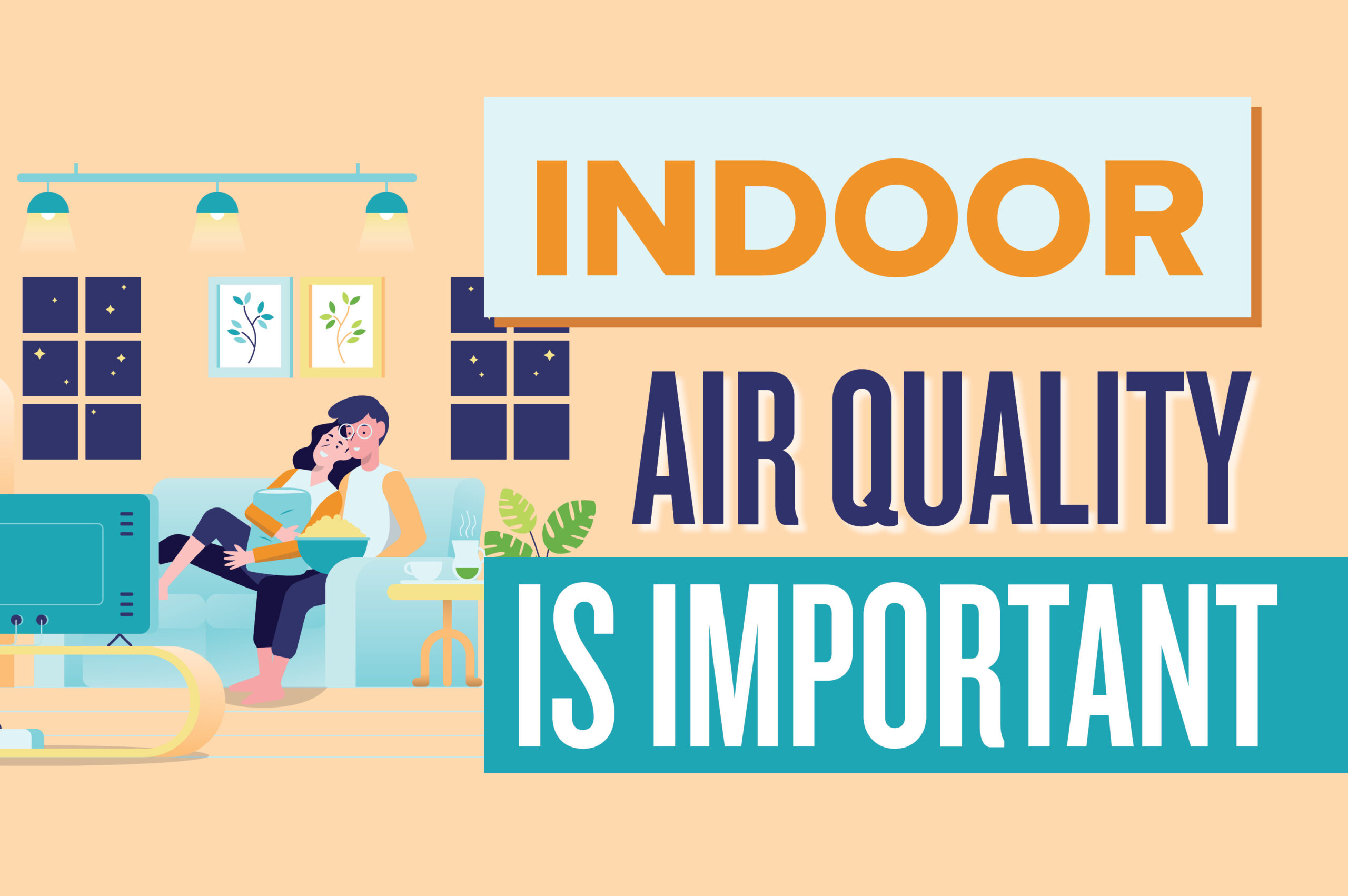Indoor air quality (IAQ) is an often-overlooked aspect of our living and working environments, yet it plays a crucial role in our health and well-being. As we spend approximately 90% of our time indoors—whether at home, in offices, or in public spaces—the quality of the air we breathe can significantly impact our physical and mental health. Pollutants such as dust, mold, chemicals, and volatile organic compounds (VOCs) can accumulate indoors, leading to a range of health issues, including respiratory problems, allergies, and even chronic illnesses. Understanding the importance of maintaining good indoor air quality is essential for promoting a healthier lifestyle and creating safer environments for ourselves and future generations.
Improving indoor air quality involves a multifaceted approach that includes proper ventilation, regular cleaning, and the use of air purifiers and plants known for their air-cleaning properties. As awareness of the significance of IAQ rises, individuals and organizations are increasingly taking proactive steps to monitor and enhance the air quality in their spaces. By investing in strategies to mitigate indoor air pollution, we can not only improve our immediate comfort but also contribute to long-term health benefits and heightened productivity. This article will explore the impacts of indoor air quality on health, the common sources of pollutants, and effective methods to achieve cleaner air in our homes and workplaces.
Health Impacts of Poor Indoor Air Quality
The consequences of poor indoor air quality can be profound and far-reaching. Exposure to high levels of indoor air pollutants can exacerbate respiratory conditions such as asthma and chronic obstructive pulmonary disease (COPD), while also triggering allergic reactions and headaches. Moreover, the impact extends beyond physical health; studies indicate that low air quality can affect cognitive functions, leading to decreased concentration, memory problems, and reduced overall mental clarity. As noted in the article found at https://www.finehomesandliving.com/health_wellness/the-importance-of-indoor-air-quality-for-mental-clarity-and-focus/article_61558e5c-2642-4961-ad8f-23239f5b6621.html, maintaining quality air can promote better focus and productivity, especially in workplace settings, contributing to a more effective and engaged workforce.

Strategies for Improvement
Improving indoor air quality requires a combination of practical solutions that can be integrated into daily routines. Effective strategies include ensuring adequate ventilation to facilitate air circulation, regular cleaning to minimize dust and allergens, and the use of air purifiers designed to filter out harmful particles. Additionally, incorporating indoor plants can enhance air quality, as certain species are known to absorb toxins and release oxygen. By adopting these methods, individuals and organizations can make significant strides towards creating healthier, more inviting environments that foster both physical and mental well-being.
In conclusion, prioritizing indoor air quality is essential not only for immediate health benefits but also for fostering a sustainable and productive future. As we become increasingly aware of the adverse effects that poor air quality can have on both physical and mental health, it becomes imperative to implement and advocate for practical solutions that improve our indoor environments. By embracing a proactive approach to IAQ—through strategies such as enhancing ventilation, maintaining cleanliness, using air purification technologies, and integrating nature into our spaces—we can significantly diminish the risks posed by indoor air pollutants. Ultimately, investing in our indoor air quality is an investment in our health, productivity, and overall quality of life, paving the way for healthier generations to come.
